What's new
TOP ARTICLE
OF THE
MONTH
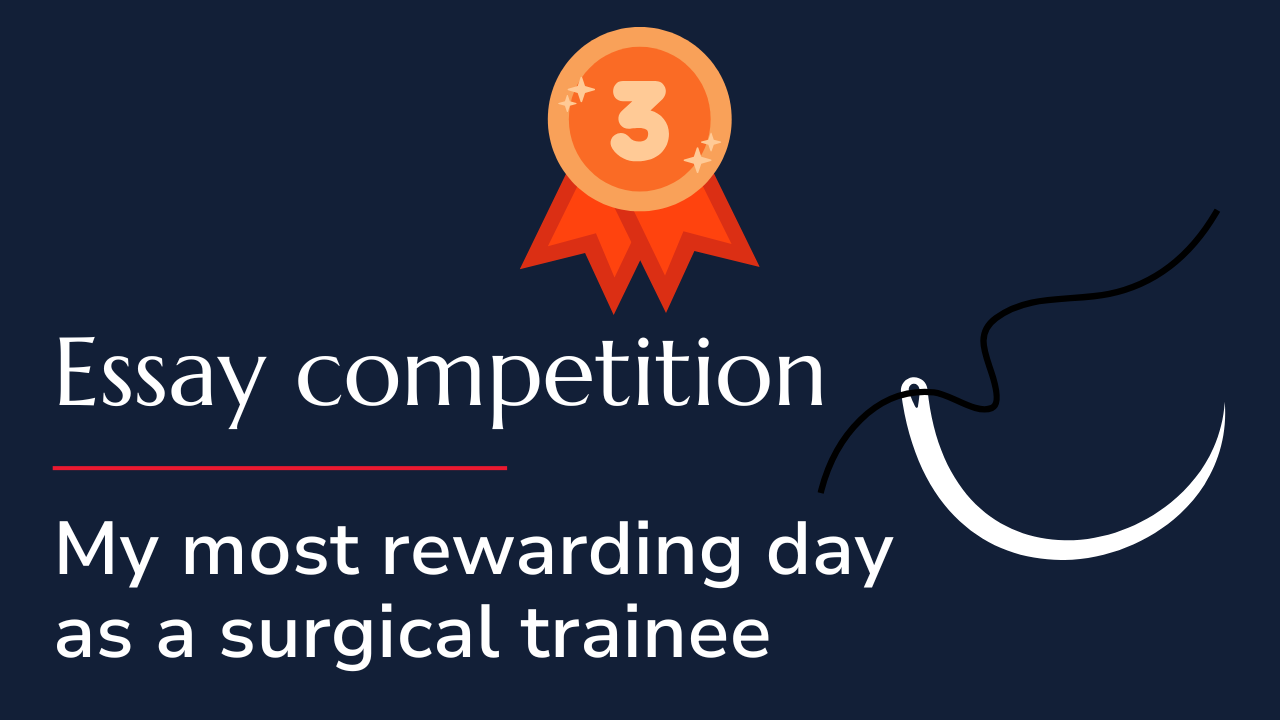
A whisper in theatre: how one quiet voice made a difference
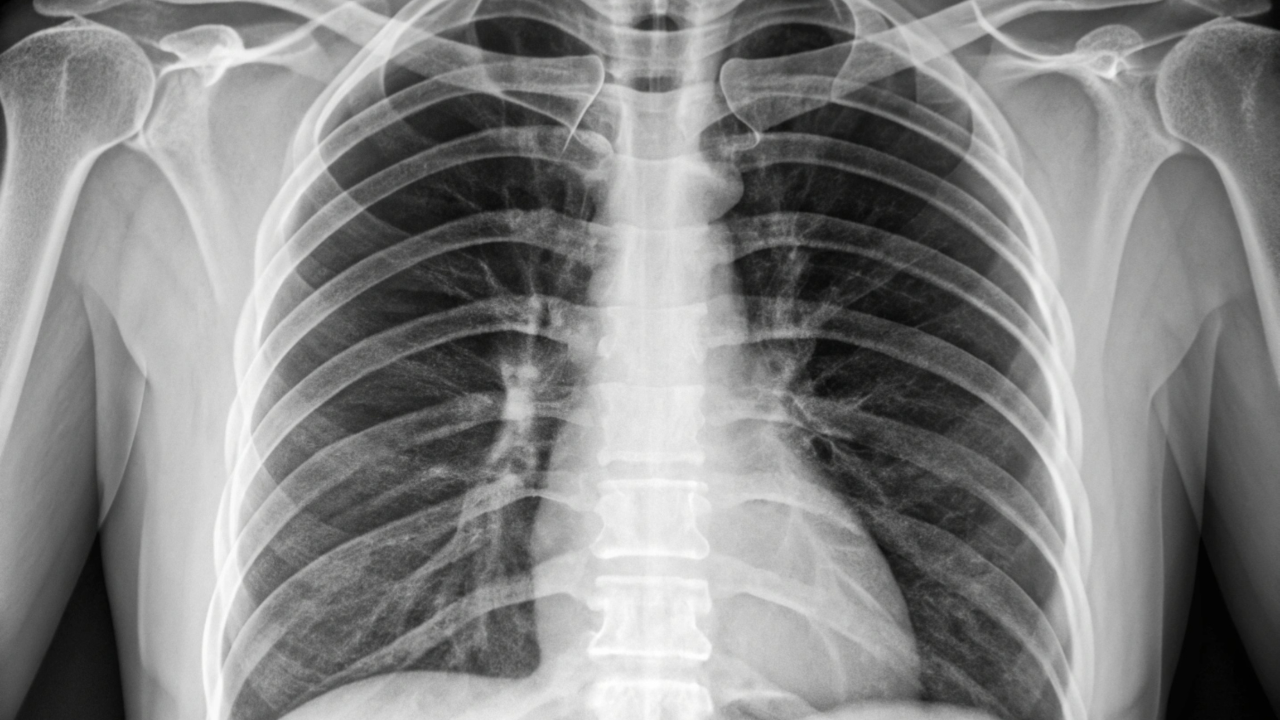
Low incidence problems
Dr Paul McCoubrie
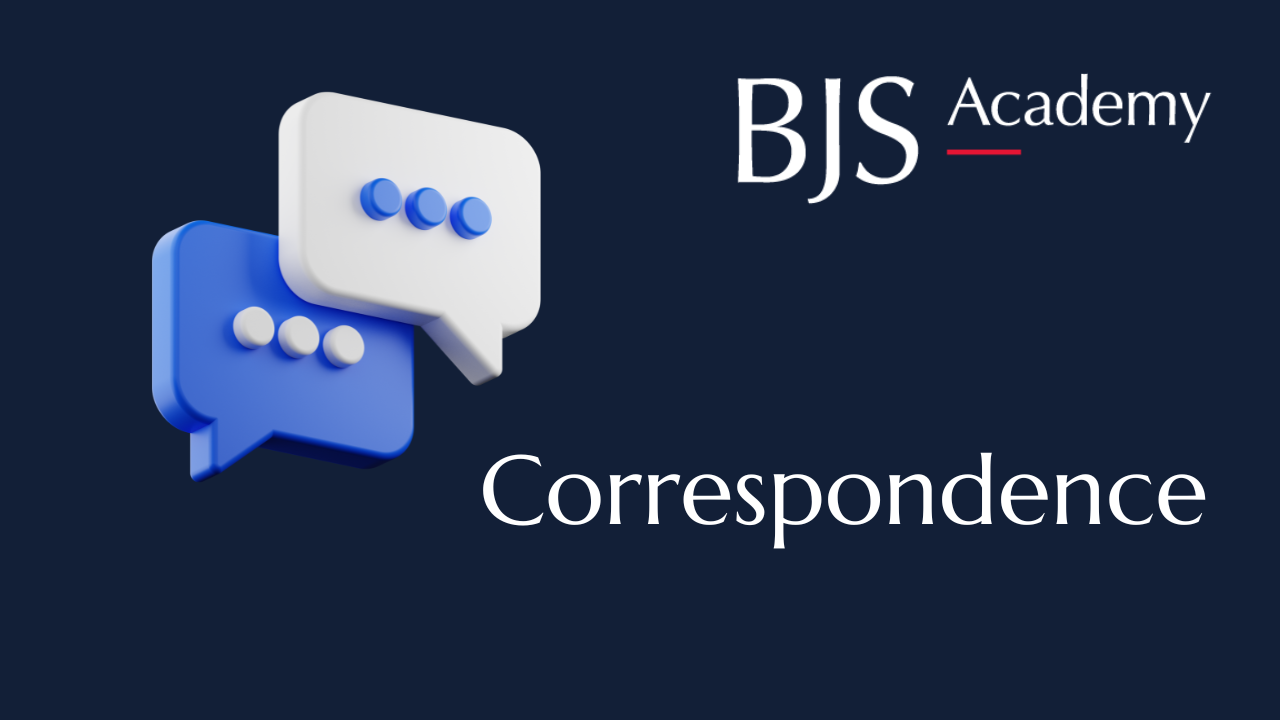
Comment on: Endoscopic and surgical treatment options for gastroparesis: systematic review and network meta-analysis.
Martin Storr, Thomas Frieling, Jutta Keller, Felix Gundling, Robert Patejdl
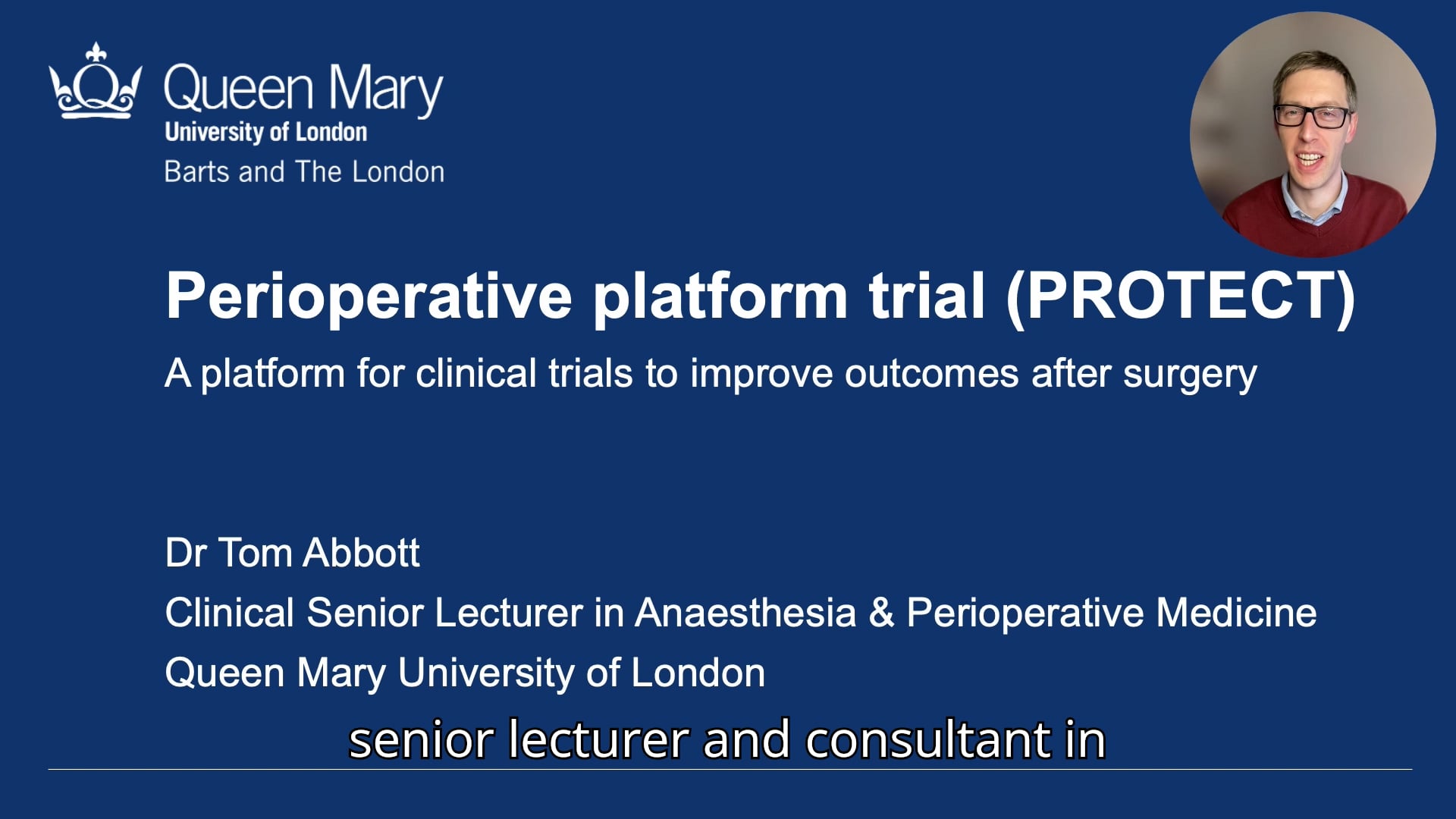
PROTECT: a national perioperative platform trial to improve surgical outcomes
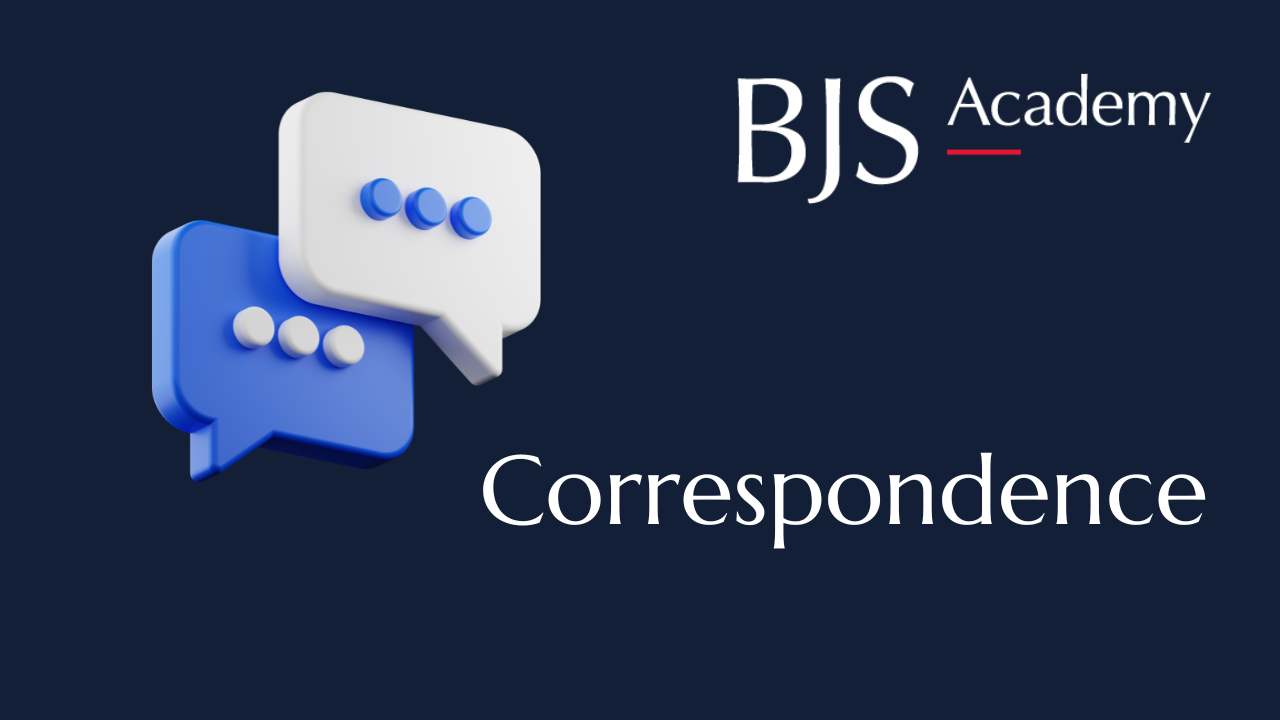
Author response: Endoscopic and surgical treatment options for gastroparesis: systematic review and network metaanalysis
Daniel Eckhardt, Moustafa Elshafei, Katja Fechner, Markus K. Diener, Felix J. Hüttner
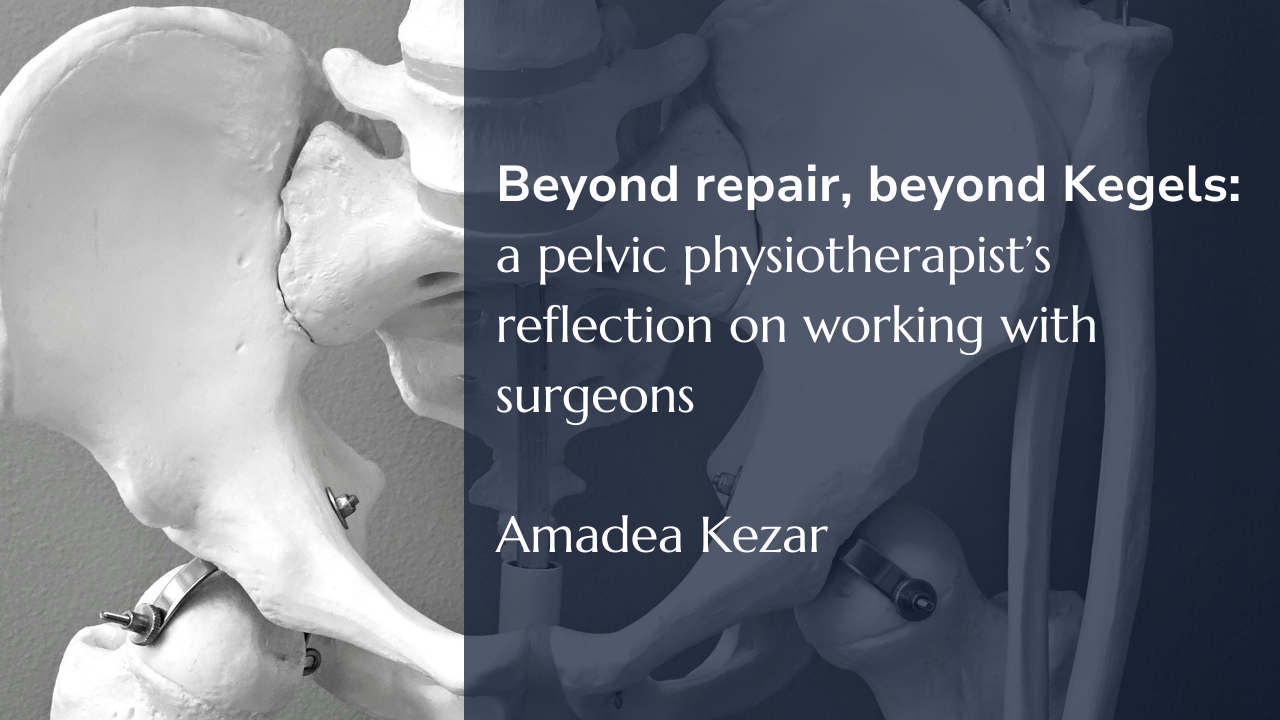
Beyond repair, beyond Kegels: a pelvic physiotherapist’s reflection on working with surgeons
Amadea Kezar
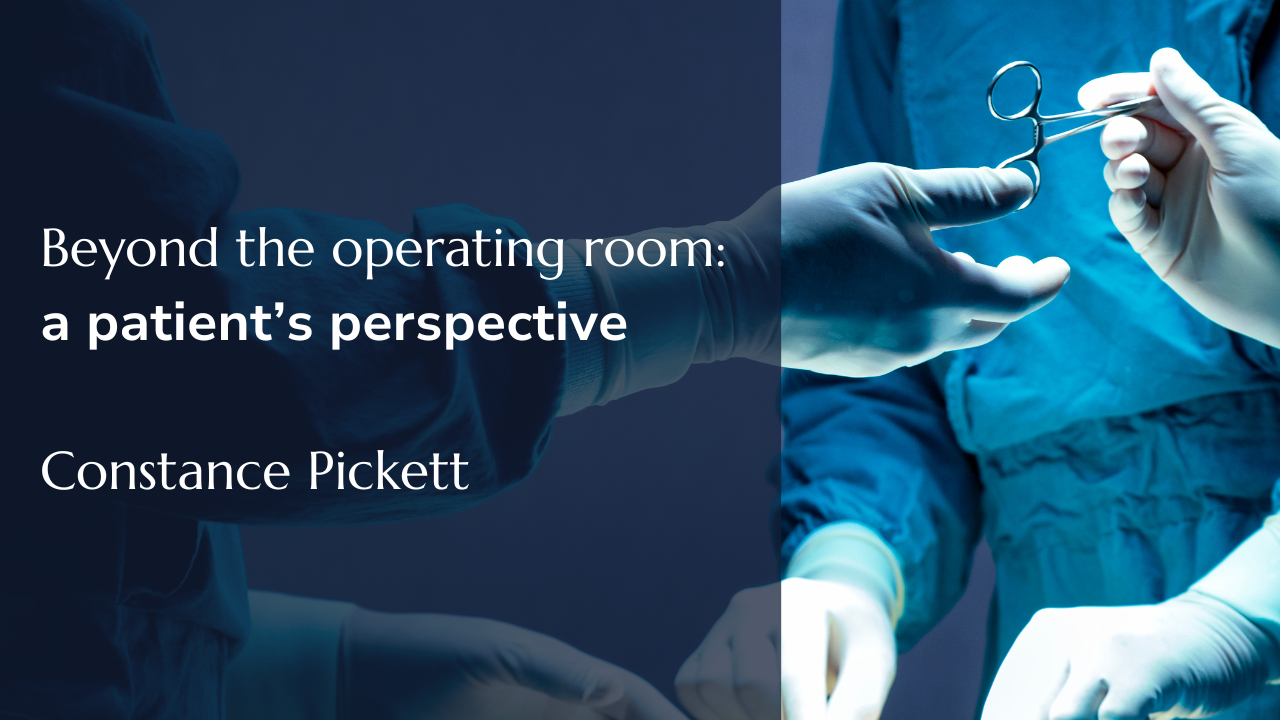
Beyond the operating room: a patient’s perspective
Constance Pickett
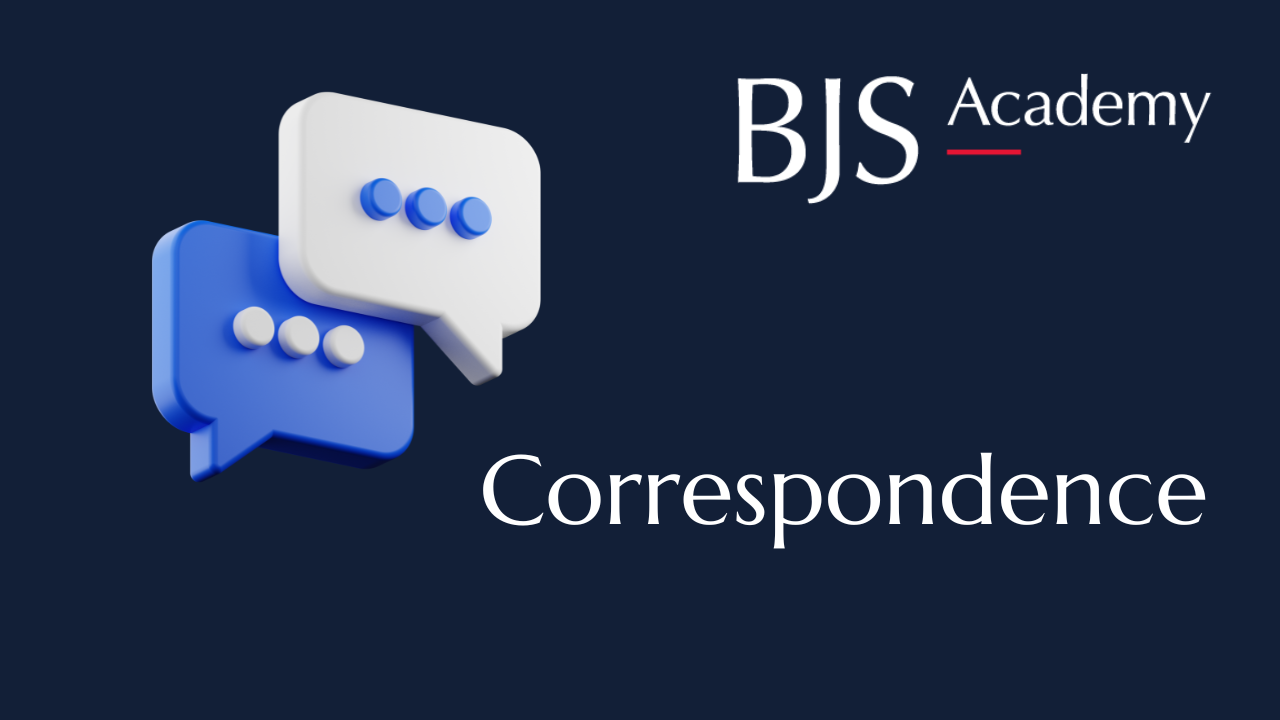
Comment on: Breast satisfaction and health-related quality of life following total mastectomy, breast-conserving surgery, or immediate breast reconstruction in Japanese patients with breast cancer: multicentre cross-sectional controlled study (Reborn)
Janhavi Venkataraman, Kefah Mokbel
JOIN
BJS Academy
Join BJS Academy And Receive Our Latest News And Updates.
About

BJS Academy is an online educational resource for current and future surgeons. It serves as the home for all things relating to the BJS Foundation as well as produces content, both original and in conversation with material published in the BJS Journals.
BJS Academy was founded as a part of the charitable activity of BJS Foundation, which owns and operates the following.
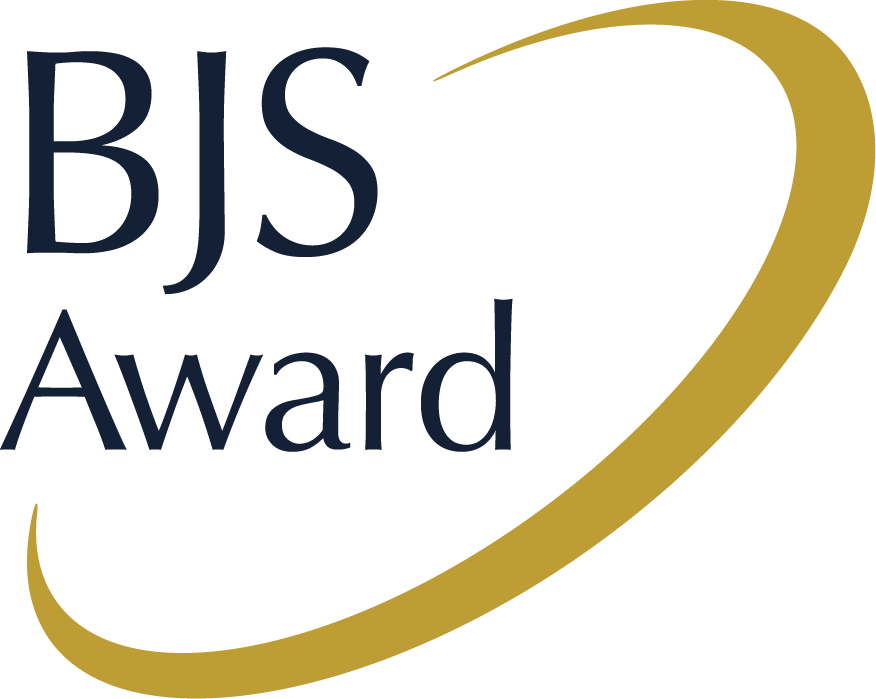
A celebration of excellence in surgical science, the BJS Award recognises a discovery, innovation or scientific study that has changed clinical practice. Awarded every two years, this international accolade gives an exceptional individual the recognition they richly deserve.

Academy content is comprised of five distinct sections: Continuing surgical education, Young BJS, Cutting edge, Scientific surgery and Surgical news.

BJS Institute provides formal certified online surgical courses to surgeons in training and established surgeons who wish to develop their skills in surgical writing and publishing.

Championing a Partners collaborative approach, the Foundation offers two levels of partnership, each with their own unique benefits.


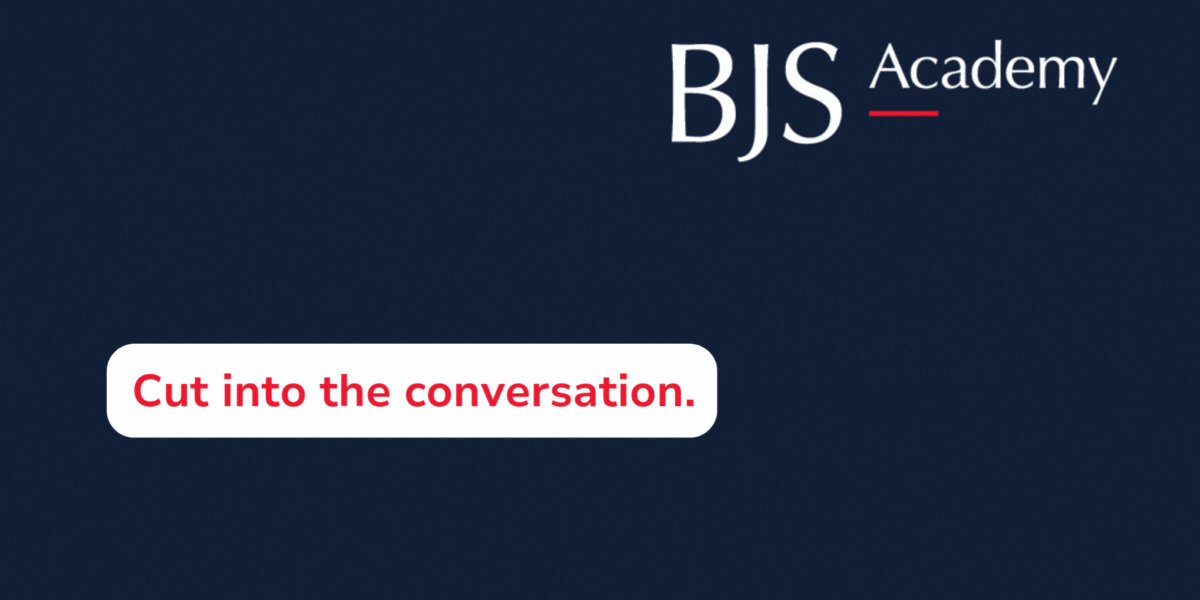



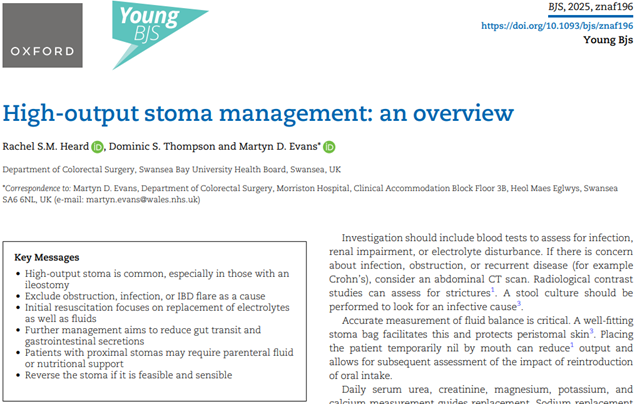

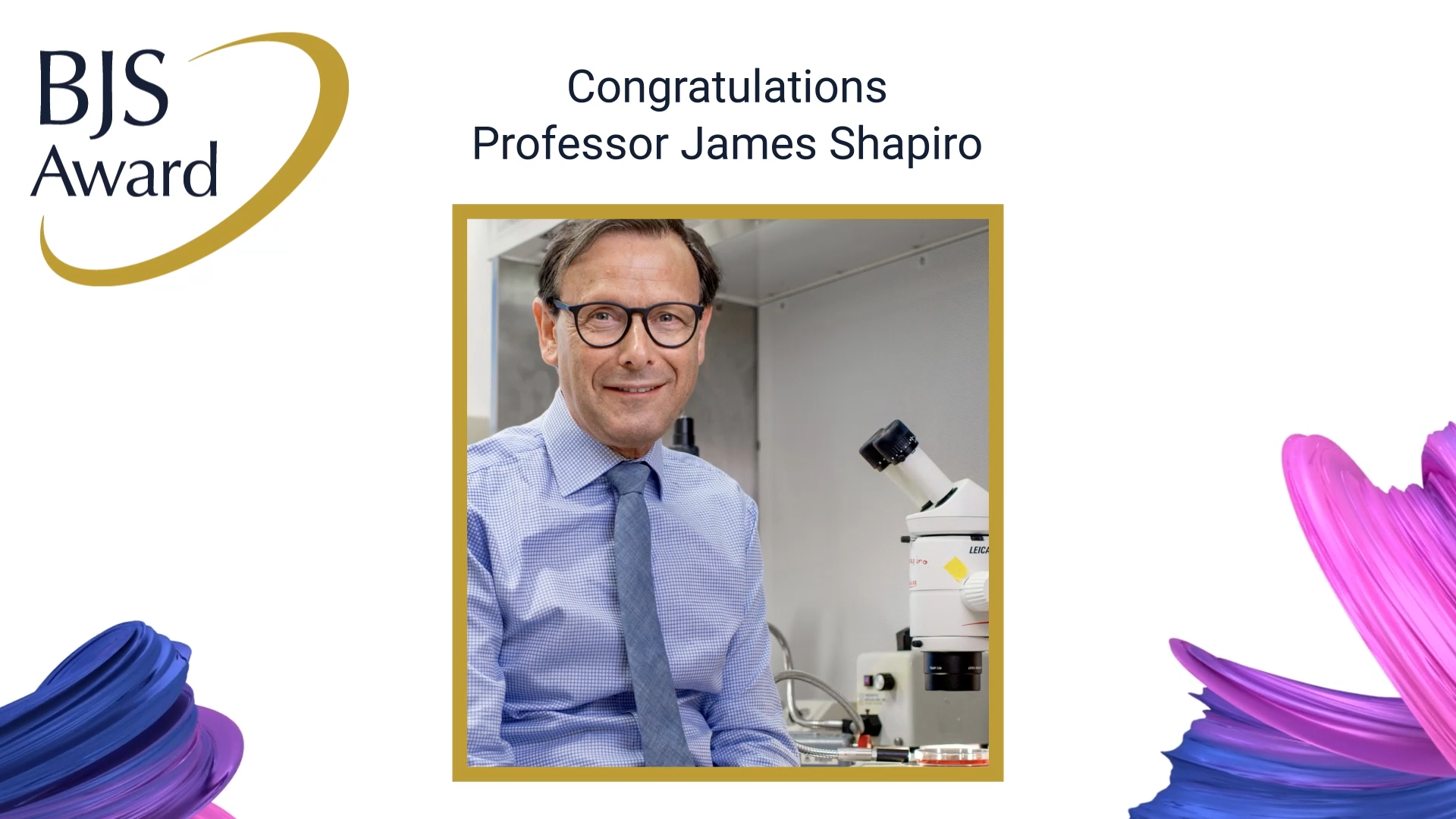
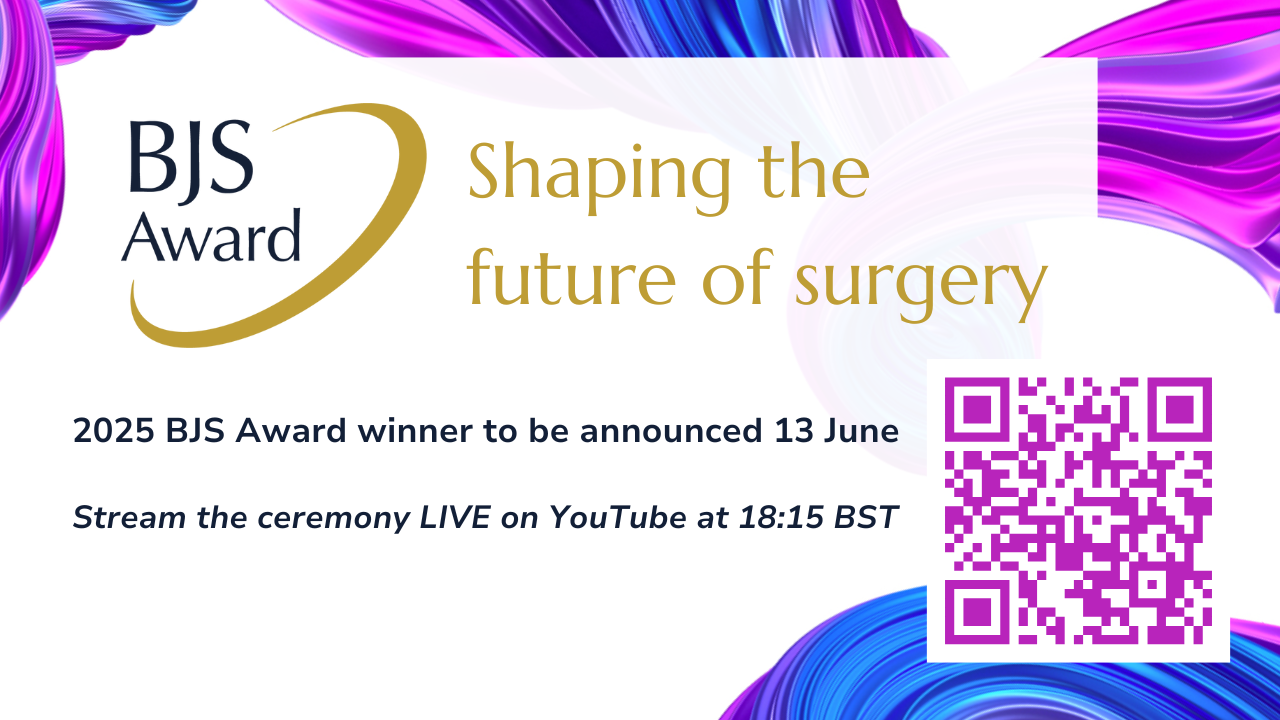
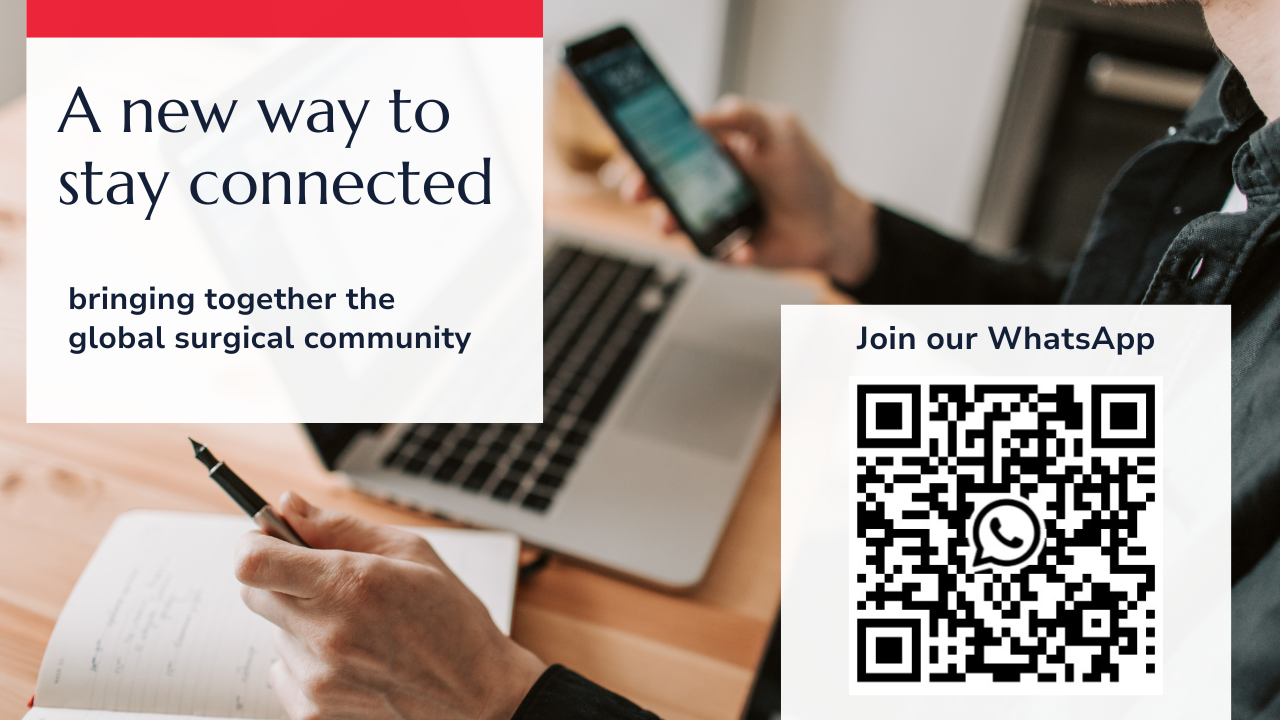









.jpg)




